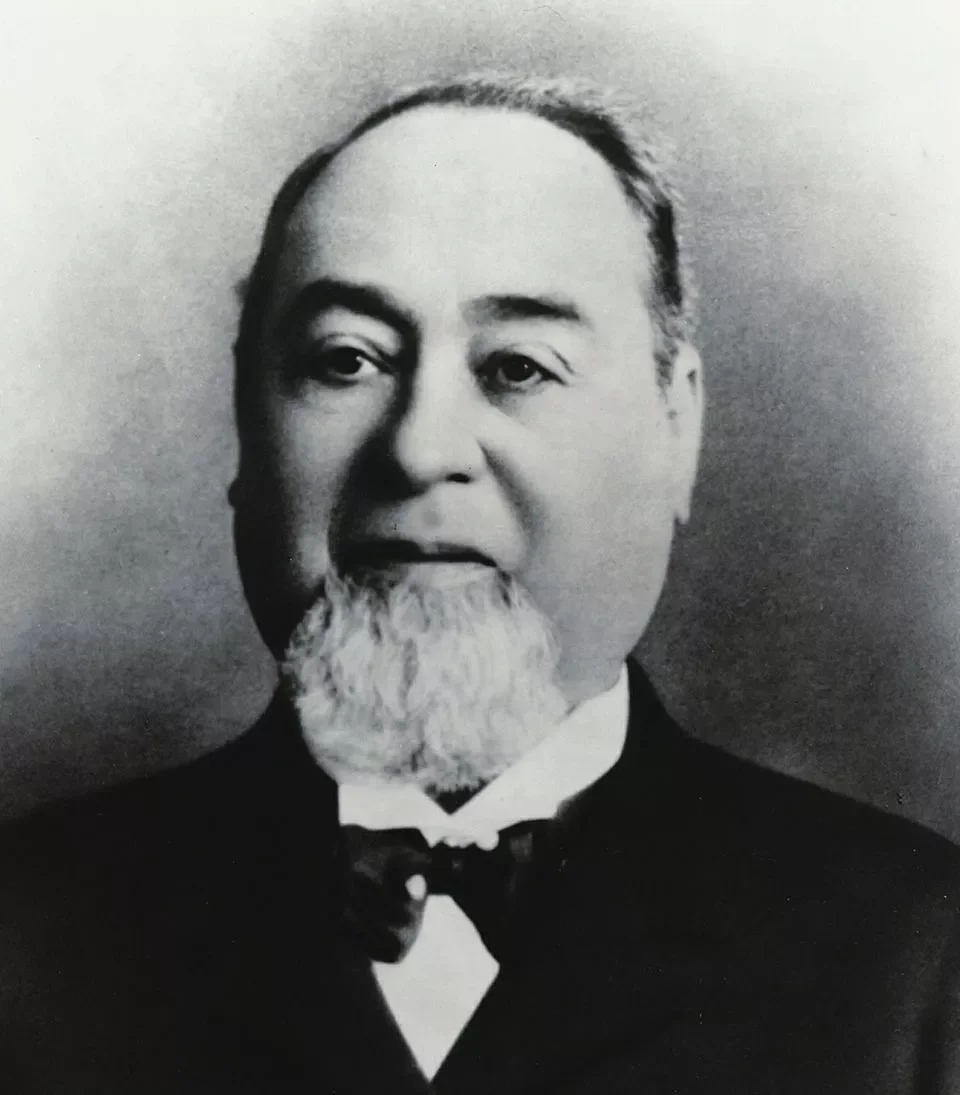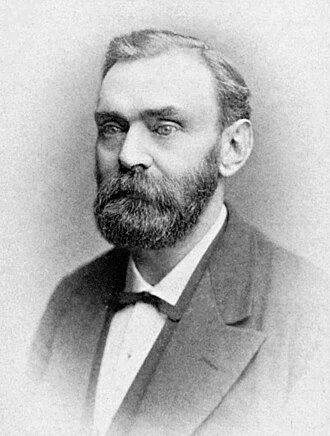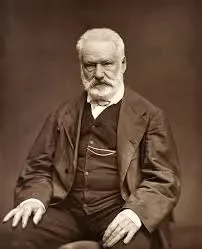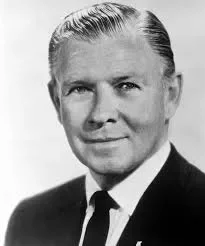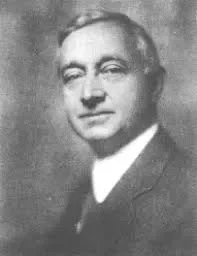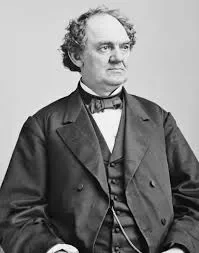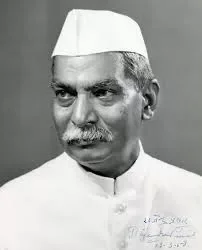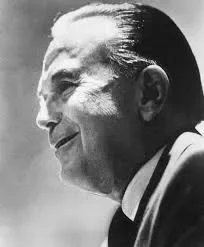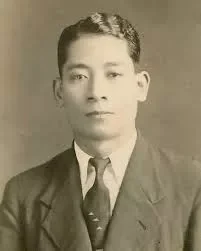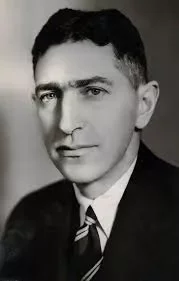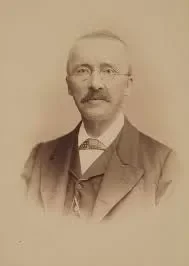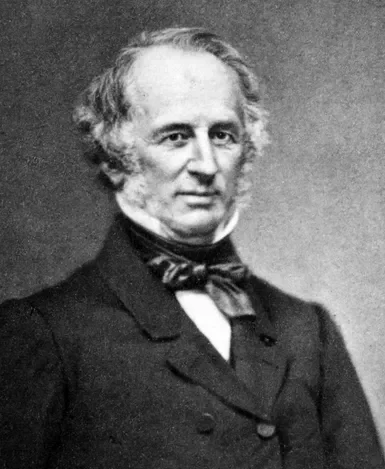Real Celebrities Never Die!
OR
Search For Past Celebrities Whose Birthday You Share
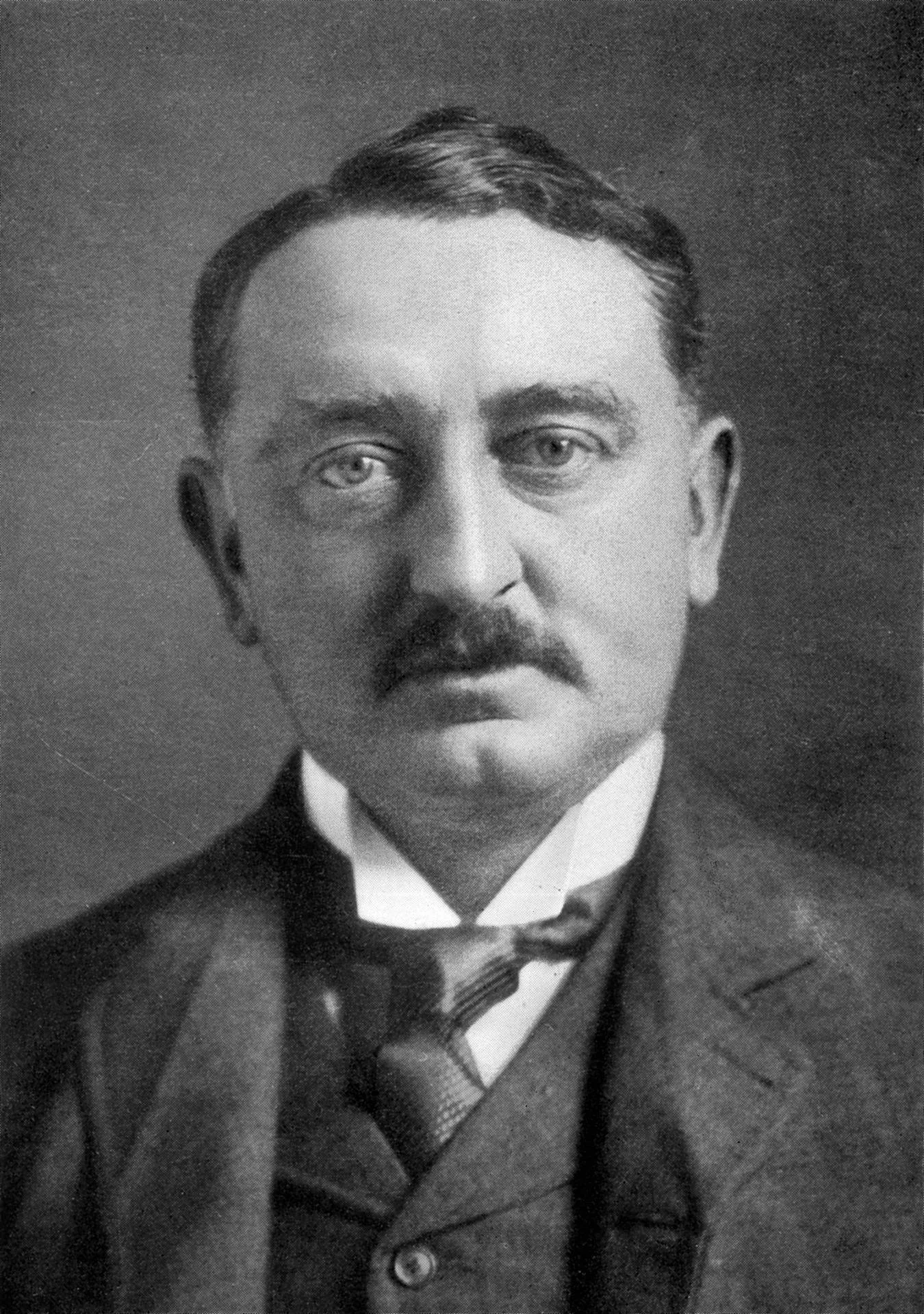
source: wikipedia.org
Cecil Rhodes
Birthday:
05 Jul, 1853
Date of Death:
26 Mar, 1902
Cause of death:
Heart attack
Nationality:
British, South African
Famous As:
Businessman
Age at the time of death:
48
Cecil Rhodes's Quote's
Early Life and Move to South Africa
Cecil Rhodes was born in 1853 in Bishop’s Stortford, Hertfordshire, England, and was a prominent figure in South Africa in the late 19th century. He played a significant part in the development of the region due to his roles as a financier, statesman, and empire builder. Despite his contributions, his legacy has been marred by controversy due to his imperialistic and racially discriminatory actions.
Cecil Rhodes belonged to a wealthy British family. However, he was sent to South Africa in 1870 due to his poor health and weak lungs. In South Africa, he worked on a cotton farm with his brother. After learning that his brother had left the cotton farm to work in the diamond fields of Griqualand West, Rhodes followed suit and he settled in Kimberly, which was the mining epicenter. Although life in Kimberly was anything but pleasant, he persevered and slowly gained prominence as a man of substance who had ambitious ideas for the future of the diamond industry.
Rise in the Diamond Industry
Rhodes started his ascent in the diamond industry with the formation of the de Beers Mining Company in 1880. Soon, he expanded his control over the diamond mines to form the De Beers Consolidated Mines, Ltd. in 1888. De Beers Consolidated Mines soon became a dominant player in the diamond trade and, at one point in time, owned 90% of the world’s diamond production.
Political Career and Controversial Actions
Additionally, Rhodes also pursued a career in politics and became the Prime Minister of Cape Colony from 1890 to 1896. During his tenure, he tried to promote British influence in the region. However, his efforts drew a lot of controversy and criticism. One of the most notable events that took place during his political career was his involvement in the Jameson Raid of 1896, where he instructed Leander Starr Jameson to invade the Transvaal from the British-controlled Cape Colony. The raid failed, which ultimately led to the outbreak of the Second Boer War.
Final Days and Legacy
Cecil Rhodes spent his final days at his house near Cape Town, South Africa. His health had been declining for weeks. Rhodes died on March 26, 1902, at the age of 48. His death marked the end of a controversial but influential life. Rhodes left behind a complex legacy as a businessman, politician, and imperialist. He shaped much of southern Africa through his mining ventures and political power. The Rhodes Scholarship, which he established in his will, continues to provide educational opportunities for students worldwide. However, his role in colonialism and racial policies has led to ongoing debates about his place in history. Today, Rhodes remains a figure of both admiration and criticism, reflecting the complex nature of his impact on Africa and the world.
Name:
Cecil Rhodes
Popular Name:
Cecil Rhodes
Gender:
Male
Cause of Death:
Heart attack
Spouse:
Place of Birth:
Bishop's Stortford, Hertfordshire, England
Place of Death:
Muizenberg, Cape Colony
Occupation / Profession:
Personality Type
Cecil Rhodes was the son of a priest.
He founded the De Beers Mining Company which is one of the largest diamond mining companies in the world.
He prevented blacks from voting in South Africa.
He was sent to Africa due to his asthma attacks.
Rhodes is considered one of the founders of the apartheid regime.
Cecil Rhodes was the 7th Prime Minister of the Cape Colony.
He along with his British South Africa Company founded the territory of Rhodesia now called Zimbabwe and Zambia.


